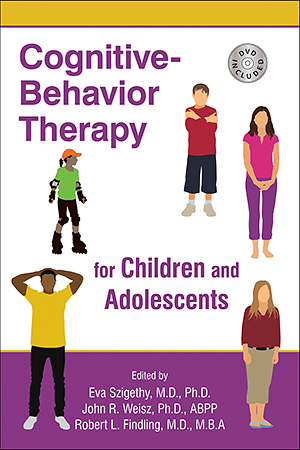Sections
Excerpt
More than two-thirds of children and adolescents (hereafter referred to as “children”) experience trauma, with half of these children experiencing multiple traumatic events (Copeland et al. 2002). Posttraumatic stress disorder (PTSD) symptoms are common in trauma-exposed children. However, many children with significant trauma symptoms and functional impairment do not meet full PTSD diagnostic criteria according to DSM-IV-TR (American Psychiatric Association 2000) because of criteria that may be less developmentally appropriate for children, such as a sense of foreshortened future (Meiser-Stedman et al. 2008; Scheeringa et al. 2006).
Access content
To read the fulltext, please use one of the options below to sign in or purchase access.- Personal login
- Institutional Login
- Sign in via OpenAthens
- Register for access
-
Please login/register if you wish to pair your device and check access availability.
Not a subscriber?
PsychiatryOnline subscription options offer access to the DSM-5 library, books, journals, CME, and patient resources. This all-in-one virtual library provides psychiatrists and mental health professionals with key resources for diagnosis, treatment, research, and professional development.
Need more help? PsychiatryOnline Customer Service may be reached by emailing [email protected] or by calling 800-368-5777 (in the U.S.) or 703-907-7322 (outside the U.S.).



